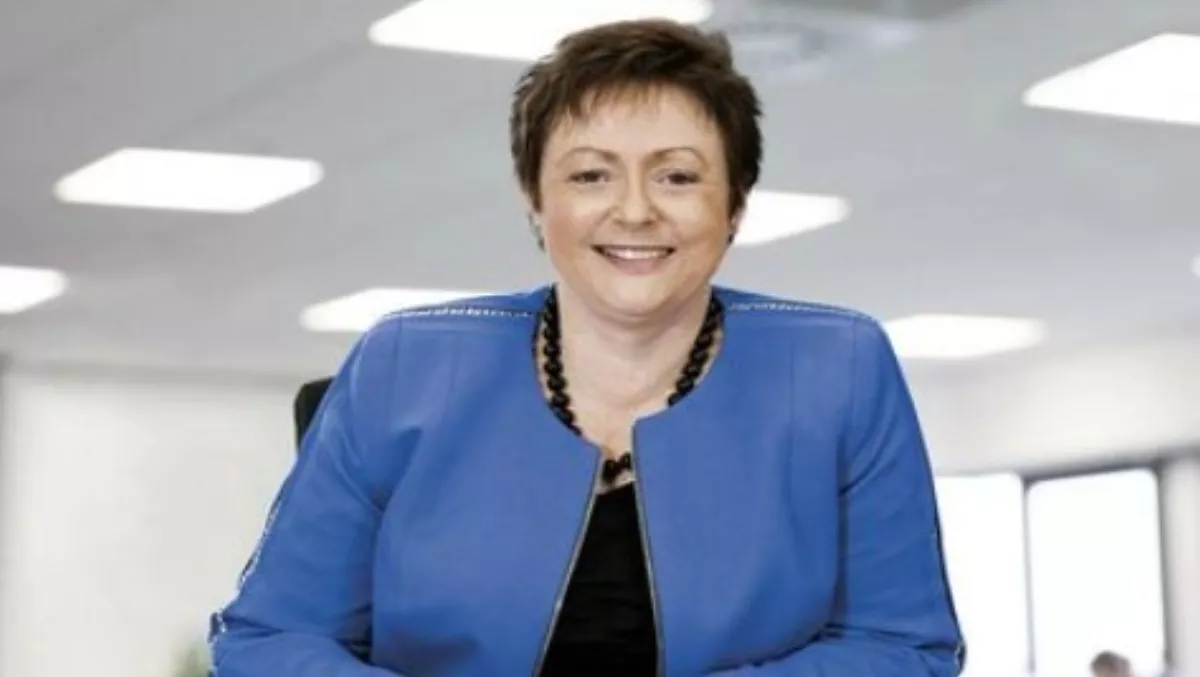Sue Sheldon is standing down as chair of Chorus at the end of the month and the role will be filled by Jon Hartley on an interim basis.
She leaves on March 31.
A statement from the company paid tribute to the work she has done when Chorus was demerged from Telecom and she paid tribute to the executive team led by Mark Ratcliffe. Telecom was subsequently renamed Spark.
Sheldon was a director of Telecom and was appointed chair of Chorus in August 2011 prior to it being spun off from Telecom. She is also chair of Freightways and Paymark, an independent director of Contact Energy and vice chair of Global Women.
"I believe the industry is now in a strong structural position to deliver to consumers and investors alike. So it is with a great sense of satisfaction that I look forward to meeting other challenges outside of the telecommunications sector," she said.
Last month Ratcliffe told analysts the company will look to restart dividend payments once the Commerce Commission makes its final decision setting the company's copper line price in September, subject to any legal challenges the determination might face.
Chorus suspended dividends when it renegotiated the terms of Crown funding for the ultrafast broadband fibre network when there was regulatory uncertainty over the copper access prices. The company clamped down on spending while remaining within its banking covenants.
The company won a small reprieve in the Commerce Commission's draft determination in its final pricing principle to set the charge on the company's regulated copper network, with a smaller reduction flagged than in the regulator's earlier decision. That's still being disputed by Chorus's customers, and the commission has yet to decide whether or not to backdate pricing to the Dec. 1 date when cheaper pricing was legislated to come into effect.
Analysts have said the size of any dividend will depend on backdating.
Chorus posted net profit of $64 million, or 14 cents per share, in the six months ended Dec. 31, down from $78 million, or 17 cents, a year earlier. That was in line with Forsyth Barr's estimate for a profit of $64 million and ahead of First NZ Capital's forecast for $58 million.
The company narrowed its forecast cost for the ultrafast broadband network to between $1.75 billion and $1.8 billion form a previous range of between $1.7 billion and $1.9 billion after negotiating new deployment contracts with Visionstream and Downer, covering about 90 percent of its rollout areas.
Total fixed lines rose 5,000 to 1.78 million in the half, with declines in its baseband copper line connections offset by gains in naked basic/enhanced unbundled bitstream access (UBA)/ naked very fast digital subscriber line (VDSL) and fibre connections.
The shares last traded at $2.885 and have gained 8.5 percent this year. The stock is rated an average 'hold' based on eight analyst recommendations compiled by Reuters, with a median price target of $2.80.


